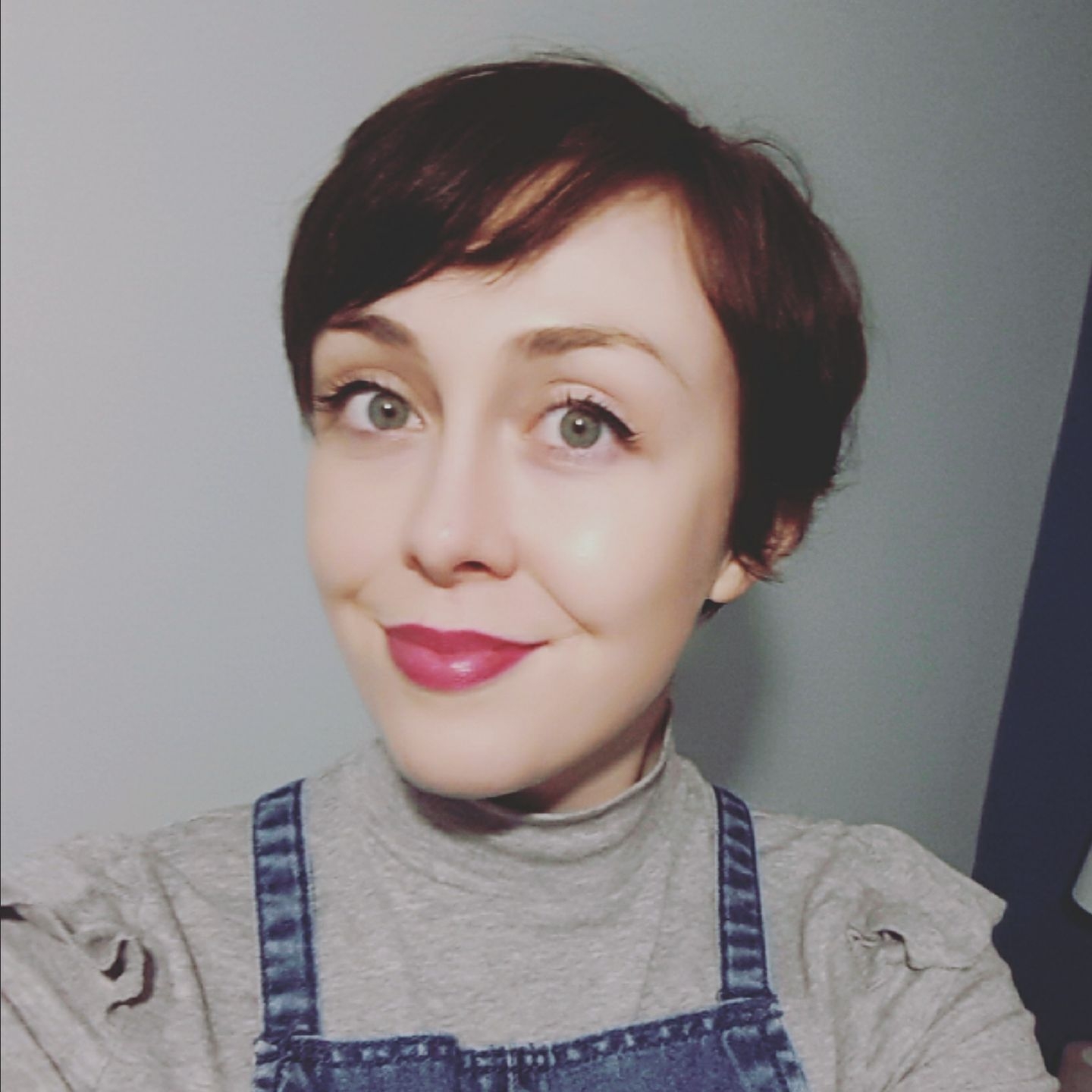Call for Submissions from Powerful New Voices
MARGO Collective, a brand new independent publishing house started by a Falwriting graduate, seeks writers with interesting concepts and powerful voices for a dynamic anthology of work.
Hannah Vaughan
Cornwall-based MARGŌ COLLECTIVE will be publishing Chains: Unheard Voices later this year in commemoration of 100 years since women were allowed to vote.
The call for submission opened on Tuesday, February 6 to coincide with 100 years since the Representation of the People act was passed, allowing women to vote for the first time.
The anthology will comprise "voices from the margins – innovative and interesting writers who may otherwise struggle for their work to be seen."
Magda Pieta
The anthology collection is the brainchild of Magda Pieta and Hannah Vaughan, experienced marketers and editors in the South West independent publishing sector.
Hannah was kind enough to speak to us about the book's aims and how it fits into current conversations about women in society. Here's what she told us.
What do you feel are the most important or interesting issues that women are writing about today?
What's been great about recent events such as the Me Too campaign in the media is that it's allowed a platform for women to come forward and speak openly about abuse. In no other period in history has it been easier to host debates, share experiences, and publish stories - just look at the online sensation of Cat Person by Kristen Roupenian. I think this openness has lead to the 'polite filter' of women's writing dissipating. Shows such as Phoebe Waller-Bridge's Fleabag, Lena Dunham's Girls, and Gail Honeyman's book Eleanor Oliphant is Completely Fine, all tackle feminine stereotypes with gusto. This is very much a good thing.
What do specifically young voices have to bring to the conversation?
Young voices are important because they will be the next writers, artists, film makers, to be making their mark on the world. They also represent change and a new way of thinking, which is vital.
Do you feel like MARGO is in a position to help give space to intersectionality and the issues with dominant, white, middle class feminism? Why/how?
Our goal with MARGŌ is to publish stories from the edges. And this means writers outside of the mainstream and who might be overlooked, or under-represented. So much of the publishing world is in London and it can feel like a closed bubble when you're outside of it. We want to find compelling new voices from the margins of society, who want their stories heard.
How did MARGO get started? What’s your origin story?
We started MARGŌ for two main reasons. Firstly, because of our insatiable hunger for great fiction and, secondly, because we were sick of seeing the latest YouTube star being signed by a major publisher. We aim to publish stories that wrench the heart and punch the gut.
Did the creative environment at Falmouth contribute to the shaping of MARGO’s ethos and mission in any way?
Falmouth University is a home for creatives, there's no doubt about that. The English and Creative Writing course allowed me to thrive in something I was passionate about and perhaps, particularly throughout school, had been denying. I was constantly challenged to look at things differently, think creatively, and question the norm. So, yes, this probably has influenced the direction of MARGŌ.
This is marked by the centenary of women winning the right to vote; does the anthology have a historical flavour to it?
The anthology is marked by this because I was very much intrigued to compare the present day to 100 years ago - to see what struggles people experience now and how far we've come. Inspired by suffragette Muriel Matters chaining herself to the grille partition in the House of Commons, we want people to send us short stories on the theme of 'chains' for our new anthology. We want to hear from a range of different perspectives on how they choose to fictionally represent the idea of chains.
MARGŌ COLLECTIVE welcomes fictional, short stories of up to 3,000 words. Non-fiction and poetry will not be considered.
Deadline for submissions is 29th March, email to submissions@margocollective.com, go to www.margocollective.com.


